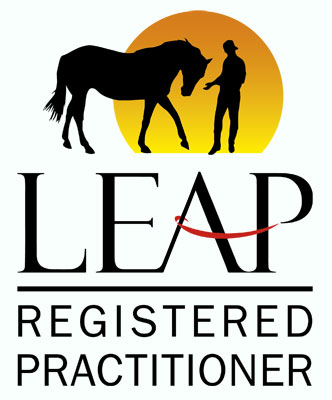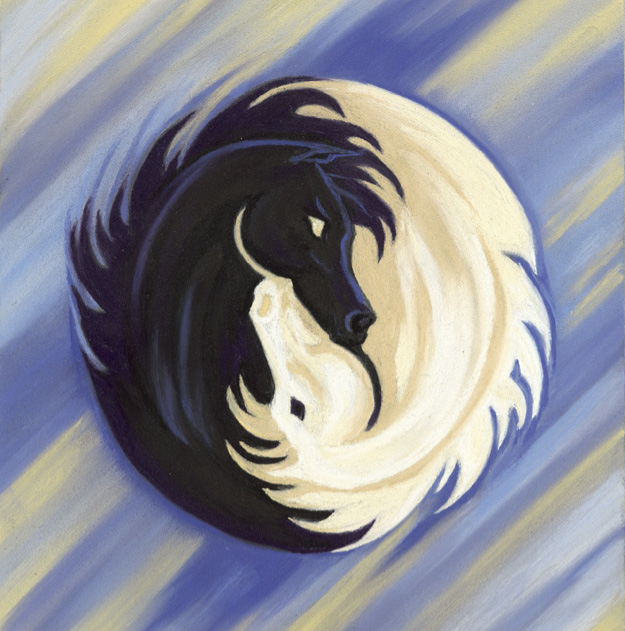
Blog
Equine Partnered Healing: Working with Abuse & Trauma in all Clients
17 January 2015
Key Themes: Trauma, Abuse, Symptoms, The Body, Vulnerability.
Often we think of trauma and abuse at its worst: torture, sexual abuse, child abuse, military trauma, etc. However, I believe that the vast majority of people have at some stage in their life experienced abusive behaviours by others and consequently suffer varying levels of traumatic symptoms.
Often it is the case that such a person does not yet know that what they have experienced is abuse and that they may also be suffering from a form of trauma as a result.
One gets "used to" certain behaviours by others so much so that they normalise them in their mind and become numb to the truth of the situation: that what they are enduring is actually abuse.
Such repeated behaviours lead to a numbing of the senses and a comatosed affect on the abused; they go to sleep in their waking life. They can no longer feel their body's intuitive warning signals and they accept the abusive behaviours of others as "fine"; the norm.
Awakening to the fact that you have experienced abuse is a hugely painful and frightening moment, as you are then faced with your own pain, which your numbing acceptance has protected you from; sometimes for years.
And you are then faced with the realisation that you need to make changes in your life and find the tools and courage to no longer tolerate abuse. When working with people using horses as partners in the healing process it is vital to be aware of the above processes.
Horses sense blocks and blind-spots in people immediately and will often highlight them very quickly, sometimes in the person's very first session.
If for example, a person, and this is very often the case with a lot of women, is unable to set a boundary with a horse straight away, this can be an indication that they have lost their connection to their innate warning system that the horse (person) needs to back off and give them more space and therefore more respect. A person not insisting on respect in a relationship is an indication that they have switched this vital life skill off, possibly through abusive experiences.
Working with horses as partners inevitably means working somatically, i.e. focussing on the body and emotions of the person. And this is where the feelings of being shut-down are held, and crucially are also uncovered.
Therefore, a simple yet very powerful initial exercise with a person or group of people is to explore peoples' and horses' need for personal space and setting boundaries - this can highlight and uncover abuse and trauma so be ready for this and able to deal with it when it arises. Often those who don't present with this history, or the quiet clients will have some degree of trauma or abuse hiding in their shadow.
Things to look out for that can indicate this are:
- Laughter when actually anger is the expected response
- Feeling nothing or no jresponse when someone or a horses comes into their space
- Being completely unaware of their own and others' boundaries, and a kind of "frozen response" in the person
- They seem to get lost in a fog of inertia as their memories and realisations start to come to the surface of their consciousness.
Let me repeat: This happens very quickling when partnering with horses because we inhabit their very physical and emotional environment, much more quickly than when sitting in an office with a therapist.
Such uncovering needs to be carefully facilitated, the person needs to feel totally safe in their raw state of vulnerability and they need to have a support networking in place as they go through their healing process. The horses offer immense support, but the facilitator/s need to be able to gently and empathetically be present for their clients and ensure they have support back home as they go back to their lives.
The paradox of equine facilitated healing is that the wounds can be uncovered more quickly than through just talk-therapy, but the healing process takes its own time period and that can endure well beyond their session.
© Angela Dunning, 17 January 2015








